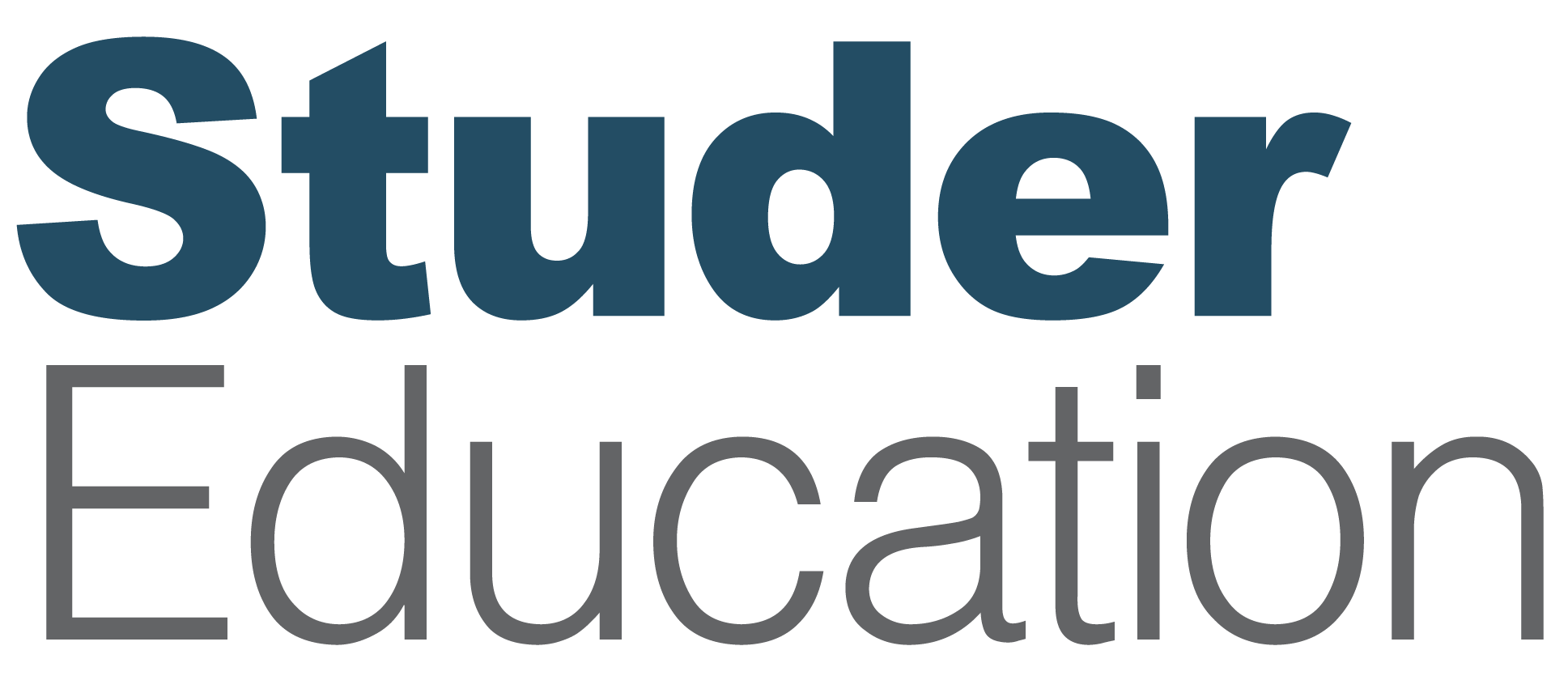
Executive Director of Learning Services, Amber Whetstine, is an advocate of rolling out survey results to Colorado’s District 49 leaders in Sand Creek Zone. This stand-out leader has provided us with some insight as to how she and her team have been successful in their collection and showcasing of data to bring positive change to the district.
 We asked Whetstine the following questions:
We asked Whetstine the following questions:
What did you learn during the roll-out process to both leaders who took the survey and to your department team members?
“The roll-out process was extremely beneficial and insightful for me as a leader. Although our scores were in the ‘acceptable range,’ I found that there was a great desire by my team as a whole to improve our service to schools, based on the results of the survey. As a team, I shared our greatest strength areas we possessed and what we have already been doing to provide ‘service with a smile’ to each of our school leaders. We also discussed why school leaders may perceive that our team is consistently accessible to our school leader stakeholders. Conversely, we spent time brainstorming why our results in the area of overall operations were less desirable than the other areas. We came up with a lengthy list of ideas to improve our perception scores. This area included developing an exit ticket process for meetings, asking our school leaders, ‘Was this meeting a good use of your time?’ and updating our District website, which includes a description of our team’s services to schools and how to access them.”
How do you plan to use the data you gathered?
“After the roll-out with the Learning Services team, I also shared the results with the school administrators who completed the survey. This was a humbling experience. I have to admit, I was nervous about standing in front of this group of highly vocal, opinionated leaders. I prepared myself mentally to not be defensive. Although not at all perfect, I felt like this mental preparation helped my ‘leader stance’ as I tried my best to graciously accept whatever feedback they threw my way. Honestly, what I found was that they were much more forgiving of our weakness than what my team and I had been with ourselves. While we came up with elaborate plans to implement new strategies and techniques to improve our effectiveness and efficiency, their requests were much more simple. They wanted to know: 1) Who are the members of your team and how do we access your services? and 2) How do new administrators become better oriented with how to access support?”
What do you see as the value of the survey and of the information/feedback gathering process used in rolling out results?
“I am so appreciative of Studer Education coach, KK, for her support of our team in the implementation and roll-out of the services survey for our schools. We want to provide excellent service, so that we can support our schools in the best way possible. Without feedback from our school leaders, we would not know which areas were perceived strengths and which were perceived areas for improvement. I think our biggest ‘Aha! Moment’ was realizing that the school leaders’ requests of us to improve operations seemed much more manageable than the expectations we placed upon ourselves for improvement.”
Whetstine and her team surely serve as a model district for their school district and for other school districts, changing perceptions about operational efficiency and effectiveness. The work they are doing at District 49 Sand Creek Zone can act as a guide, paving the way for us, as leaders, to constantly seek feedback to improve our service in support of student achievement in our schools.
KK Owen, Studer Education


